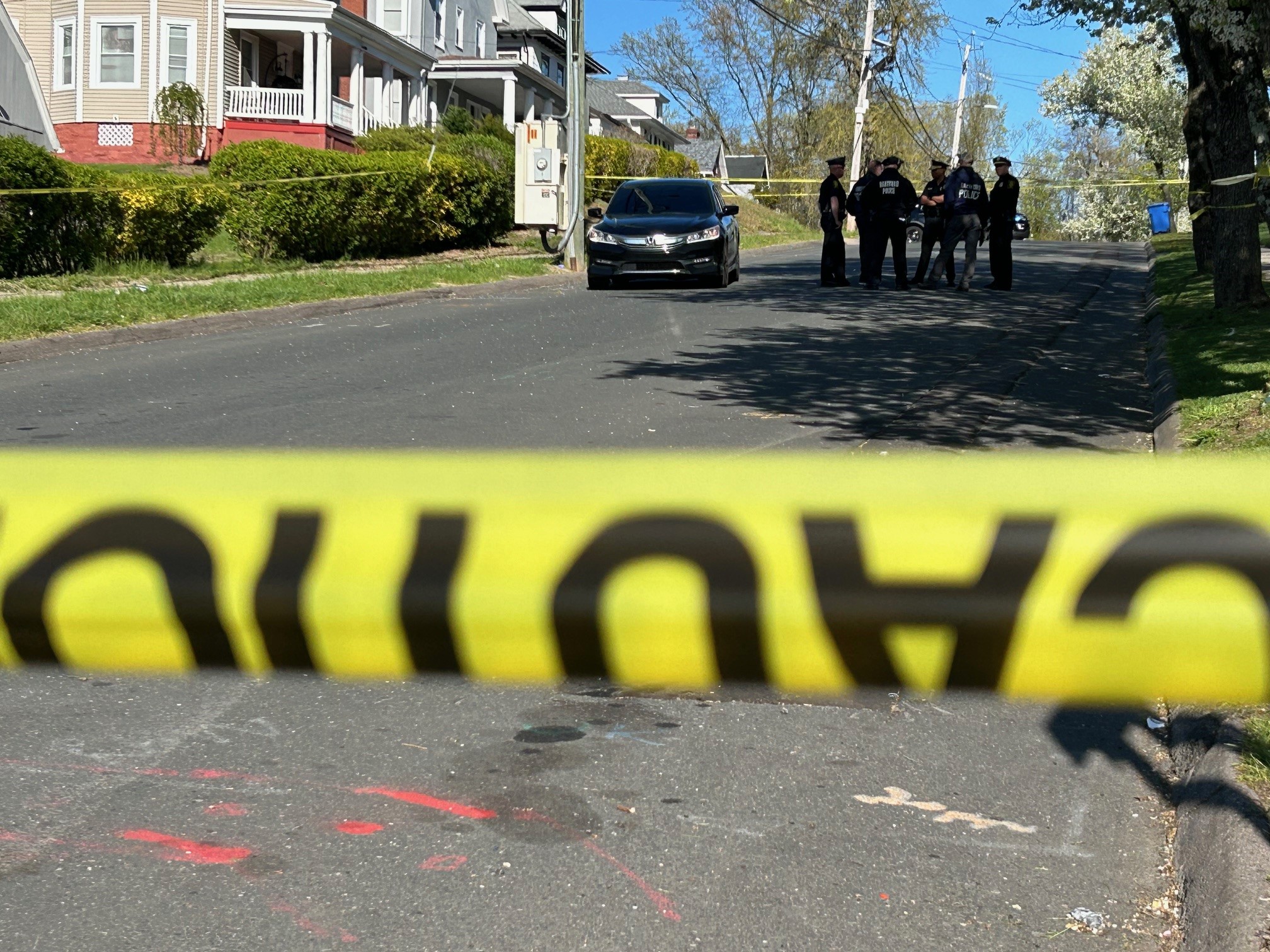More than 1,000 overdose deaths were reported last year in Connecticut, according to the state's chief medical examiner.
Over the last five years, accidental drug deaths have increased nearly 290 percent since 2012, the Office of the Chief Medical Examiner (OCME) testified at a joint committee hearing on Thursday.
In February 2017, OCME said it lost its full national accreditation because it did not have the sufficient amount of staff to handle the increasing number of autopsies the office needs to perform annually.
"This results in medical examiners (MEs) performing more than 325 autopsies a year. Our office had no choice but to work beyond professional standards for the past three years and hope that the autopsy would decrease," Chief Medical Examiner Dr. James Gill said on Thursday. "They have not decreased."
State officials said the majority of these deaths are due to opioid abuse. An OCME preliminary report found that 917 people died from accidental intoxication in 2016 and roughly 1,040 people in 2017. Only 357 overdose deaths were reported in 2012.
More specifically, the number of accidental intoxication deaths caused by fentanyl jumped from 14 people in 2012 to 675 people in 2017, a 12 percent increase from 2016.
The number of opioid-related autopsies the OCME had to perform in 2017 made up more than 44 percent of all autopsies the office had to perform.
Local
"Over the past three years, we have seen a peaking and now leveling-off of autopsies. This increased work level has become our new baseline. In order to become fully re-accredited, we need to balance the number of medical examiners and autopsies," Gill said.
Gill said the Connecticut OCME office will be re-evaluated by the Nationa Association of Medical Examiners in the fall. He said the office is working towards hiring another medical examiner, in addition to correcting any other deficiencies.
He said the accreditation is important to instill confidence in those the office serves.
"Our loss of full accreditation already has been raised at criminal trials in attempts to impeach our work," Gill said.
In February 2016, the United States Attorney’s Office and the DEA developed a statewide initiative in Connecticut to combat the crisis, including a protocol for investigating fentanyl overdoses.
Across the United States, fentanyl-related overdoses and deaths are increasing with approximately 8 percent fentanyl-related deaths in 2010 to more than 18 percent in 2015.



